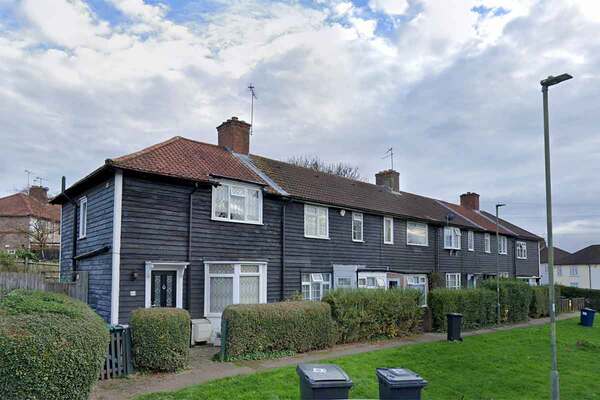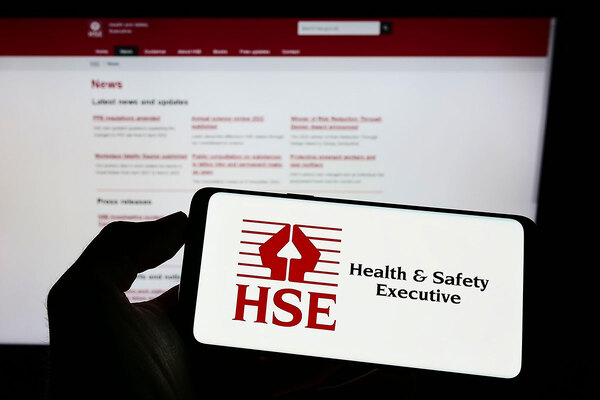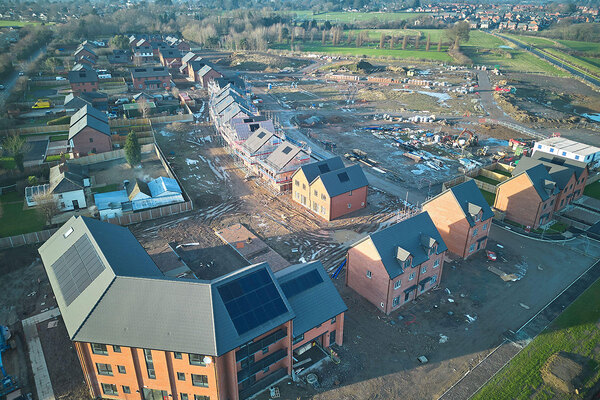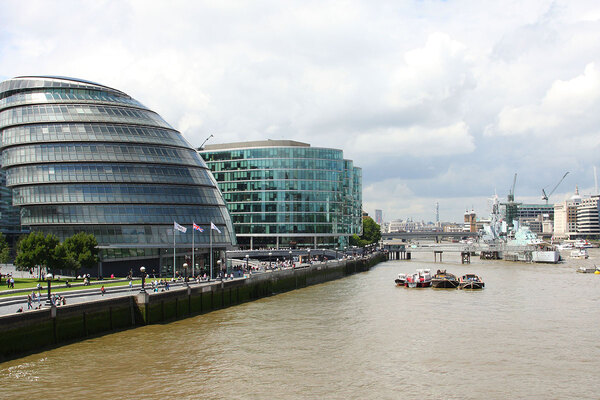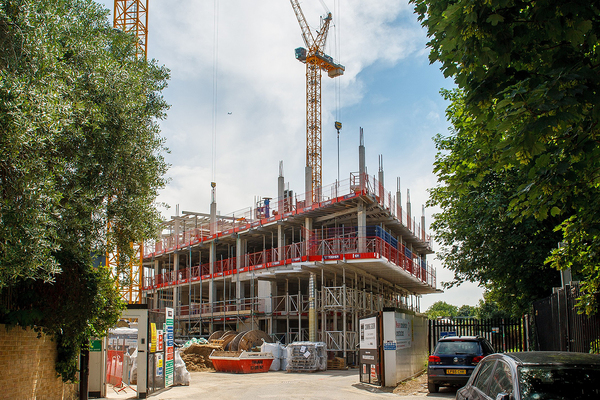Sign-off delays at BSR could trigger increases in borrowing costs, experts say
Delays at the Building Safety Regulator (BSR) could lead to an uptick in financing costs, with borrowers paying higher interest rates for longer as they wait for projects to be signed off, sector experts have warned.
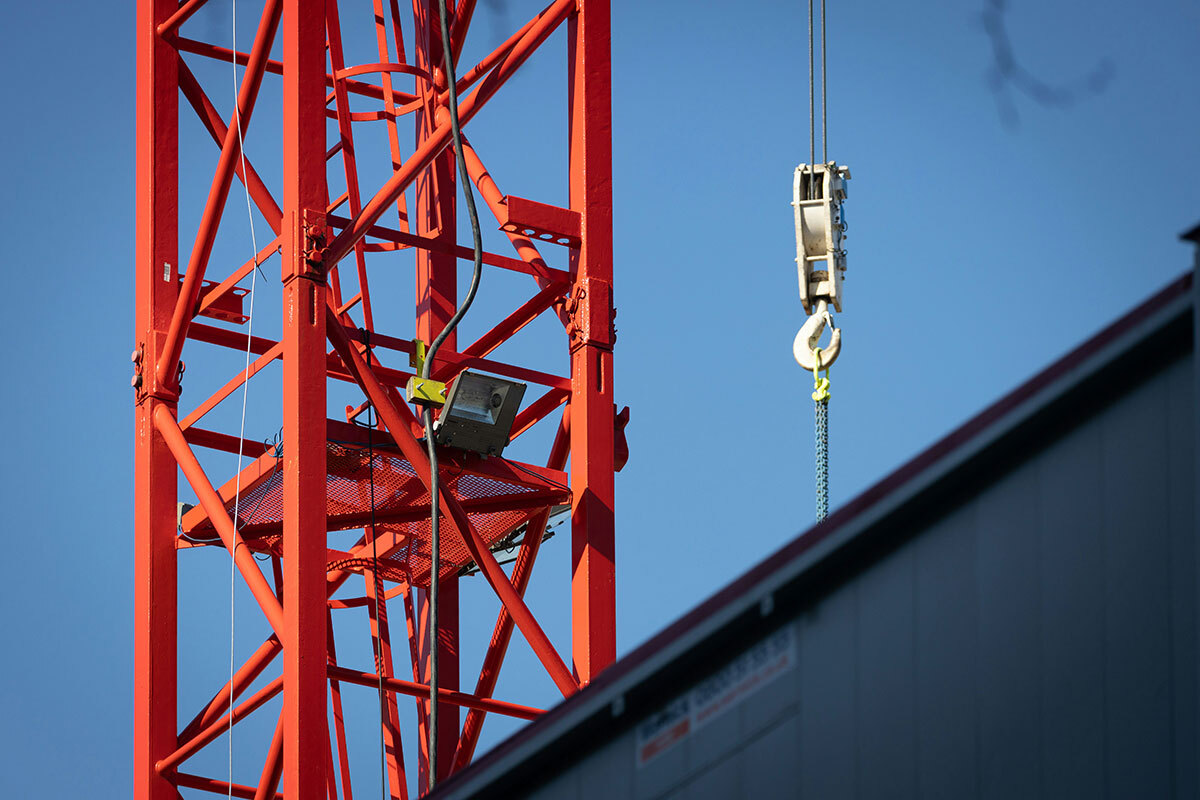
This is because long waiting times for completion certificates from the BSR may mean loans cannot be refinanced at lower rates once the riskier, more expensive development phase is over.
“A key issue for lenders is how long it is going to take for the BSR to fully sign off a project following practical completion,” said James Walton, a partner in banking and finance at Charles Russell Speechlys, the law firm.
“Previously, once a building was practically complete, the building could more or less be occupied immediately. Now, a developer must wait for a completion certificate to be issued.”
The Building Safety Act introduced three ‘gateways’, or checkpoints, that developers, designers and contractors need to pass, in a bid to increase oversight over buildings classed as being higher risk.
Projects cannot move to the next stage without approval. The first gateway is the planning process, the second is building control sign-off – required before work can begin on site – and the third happens at the end of construction to show the building is safe to occupy.
While the BSR intends to issue completion certificates within 12 weeks of a developer applying for one, Mr Walton said that “in practice, this is already taking longer, largely due to a lack of capacity”.
“This delay hugely impacts on the cost of funding, as the interest costs of the incumbent lender will be significantly more expensive than the interest costs of any new lender.”
The concern comes as the BSR confirmed last week that some inspectors will have to work under supervision after missing the competence assessment extension period.
The period came to an end on 6 July. The BSR has taken the decision to allow “a limited cohort” of people to continue to work while they wait for their exam results.
Class two and three inspectors have been told that they will revert to a class-one registered building inspector and be allowed to work supervised.
A member of PlaceShapers, a network of more than 100 small and medium-sized housing associations, told Inside Housing that although they had not yet had a scheme pass through the gateway system, they had put in an application for building control sign-off on a high-risk building for cladding replacement and had been warned “to expect a six-month period to process the application”.
“However, as a gateway sign-off for a new building will inevitably be more involved and require more detail, then if this is the indicative delay, we would be looking at significant additional duration across the life of a scheme to pass all relevant gateways,” it said.
They added that this would “not only increase the borrowing cost”, but it could also affect tenders and hike up the overall costs of developments.
“There is a danger of tender periods for works expiring and works costs increasing before a start on a building can be instructed, and cashflow from sales income will similarly be delayed, increasing scheme costs,” they said.
“It will be critical that the BSR look to minimise periods involved through effective staff and efficient systems as early as possible.”
In April, the Loan Market Association (LMA) released a guidance note on the Building Safety Act, covering how the act will affect documentation for real estate finance development facilities.
It recommends several changes to loan agreements, including altering the definition of practical completion to make it clear that a building control completion certificate from the BSR is needed.
The act also requires those involved in a building project to create a ‘golden thread’ of information about it. The LMA suggests lenders could require the borrower to share some of these details.
From a lender’s perspective, Mr Walton said compliance was vital. “If the BSR hasn’t signed off a higher-risk building as being fully compliant with the relevant provisions of the Building Safety Act, it cannot be occupied. If it can’t be occupied, it can’t generate income and any exit for the incumbent lender will be impossible.
“We have been advising lenders on what changes they should be making to their loan documents, and the issues they should be thinking about,” he added.
Lenders “would need to ensure that the project was BSA compliant, and that they were able to get their hands on what is called the ‘golden thread’ of information, which would ultimately enable Building Safety Regulator sign-off and an eventual disposal”.
Established as part of the Building Safety Act 2022, the BSR currently sits within the Health and Safety Executive (HSE).
Its stated aim is to regulate higher-risk buildings, raise safety standards and improve the competence of design, construction and building-control professionals.
In July, the government’s Infrastructure and Projects Authority gave the BSR an amber rating and warned that “significant issues already exist, requiring management attention”.
The Building Safety Regulator did not respond to Inside Housing’s request for comment.
Sign up for our development and finance newsletter
Already have an account? Click here to manage your newsletters
